TAX
UK Upstream Oil and Gas tax
The UK government is currently undertaking steps to simplify the existing oil and gas taxation regime that has become increasingly complicated due to the changes made to the oil tax provisions introduced in 1975.
Oil and gas companies are subject to two main elements: Corporation Tax (CT) and Supplementary Charge (SC). A third, Petroleum Revenue Tax (PRT), still exists but has been set at 0% with effect from 1st January 2016. A fourth, government royalty, was abolished with effect from 1st January 2003. A fifth, gas levy, is currently set at 0%.
Corporation tax (CT) is levied on the upstream profits of the company as a whole. After certain adjustments, these profits are also subject to Supplementary Charge (SC). Petroleum Revenue Tax (PRT) only applies in the context of obtaining refunds of tax previously paid.
The marginal rate of these taxes is currently at 40%. Prior to 1st January 2016 the rate was 75% for fields that were subject to PRT.
Non-residents with a presence in the UK are also subject to Corporation Tax on profits from exploration and exploitation activities in the UK or UK sector of the Continental Shelf at the normal CT rate which is 19%.
International Financial Reporting Standards (IFRS) provide the basis for financial reporting to the capital markets in an increasing number of countries around the world. However IFRS is a principles based framework and short on industry guidance, therefore Upstreamly are dedicated to looking at how IFRS is applied in practice by oil and gas companies, what the issues are and how to respond to various accounting challenges that these every changing IFRS create.
CORPORATION TAX
Corporation Tax is levied on the profits of all companies with business in the UK. For those involved in exploration and production (E&P) activities in the UK and the UK Continental Shelf, separate rules known as the ring fence rules (RF) apply. From April this year, Corporation tax in the UK will fall to 19%, the lowest rate in the G20. In 2020, it will fall again to 17%.
New domestic laws, international reform and changing approaches by tax authorities mean that the tax world is a constantly changing environment. In the UK, the government continues to drive UK competitiveness. This includes the continuation of the Organization for Economic Co-operation and Development’s (OECD) Base Erosion and Profit Shifting (BEPS) project and the changing of HM Revenue & Customs (HMRC) powers.
Whether you’re a global organisation or a UK-based business, we understand the challenges you face and can give you expert advice on domestic and international corporate tax issues.
PETROLEUM TAXES
Petroleum Revenue Tax (PRT) is a tax on the profits from oil and gas production in the UK. This tax only applies to ‘taxable fields’ that were approved before 16th March 1993.
Effect of PRT on your company:
From 1st January 2016 PRT is permanently zero-rated however not completely abolished. This is because companies still require access to their tax history regarding trading losses and decommissioning costs. Due to this zero-rating, taxable oil fields can now become non-taxable if the field has been opted out of the regime.
The effect of this zero rating will result in a marginal tax rate of 40% for both PRT and non-PRT paying oil and gas fields.
TAX PLANNING
We regularly advise clients on acquisitions, disposals and the optimal structuring of their groups’ operations in the UK. This is reviewed on a regular basis in order to take into account current developments.
We also assist with the process of restructuring. We advise on the tax issues and provide assistance with any accounting and company law issues that may arise.
INTERNATIONAL TAXATION
If your company operates across borders and in multiple jurisdictions, it is vital that you comply with the local tax laws and the reporting and filing obligations. It is also essential that you stay up to date with any new legislative developments. However it is not enough to just be compliant. The key to a successful business is keeping you tax strategy aligned with your corporate strategy.
Upstreamly have the resources and experience to help companies like yours deal with any cross-border needs.
SUPPLEMENTARY CHARGE
The current rate of Supplementary Charge is 10%, reduced from 20% with effect from 1 January 2016.
Over the years the SC rate has endured various changes due to the dynamic economic climate. Originally in 2002, the rate was 10%, which increased to 20% in 2006 and to 32% in respect of profits accruing after 23 March 2011. The rate then underwent a reduction to 20% for accounting periods beginning on or after 1st January 2015. It was subsequently reduced to 10% for accounting periods beginning on or after 1st January 2016. However the relief for decommissioning expenditure for any work undertaken afer 21st March 2012 was limited to 20% when the rate exceeded 20%.
The tax base of profits subject to SC is the ring fence profits of the company chargeable to CT after removing financing costs and deducting any Field, Cluster, or Investment allowances available. Field, Cluster and Investment Allowances can reduce the company profits subjected to SC.
In 2015 the Finance Act introduced a unified Investment Allowance, replacing the majority of other Field Allowances.
